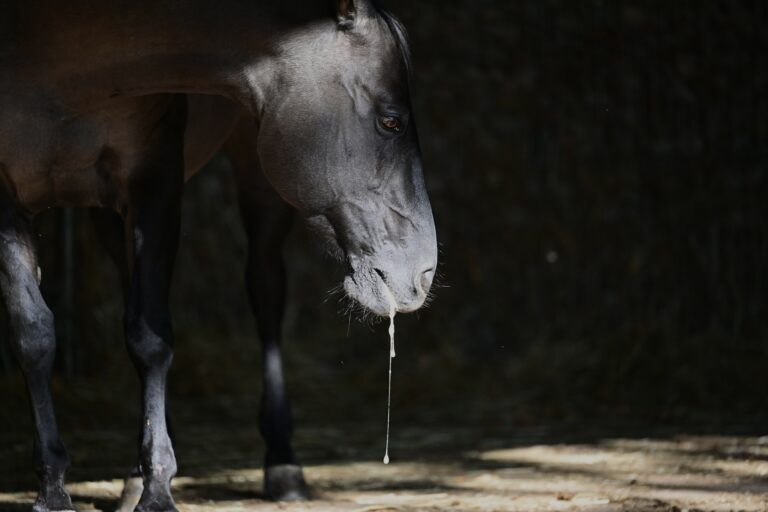
Jaci Boggs, DVM, MS, DACVIM, and Kim Harmon, VMD, co-chairs of the AAEP Commission on Equine Veterinary Sustainability’s Practice Culture Subcommittee, led the workshop “Developing Personal and Professional Core Values to Create Career Longevity” during a Table Topic at the 2023 AAEP Convention. More than 25 people attended the session.
What Are Personal and Professional Core Values?
To begin, the speakers defined core values as “the fundamental beliefs and principles that guide an individual’s behavior and decision-making.” They added: “They are deeply ingrained and influence both personal and professional choices.” Next, they discussed the difference between personal and professional values, highlighting that aligning personal and professional values is critical to fostering job satisfaction and motivation. In addition, professional values strongly shape practice culture. Boggs and Harmon shared personal stories and experiences around the importance of defining their own personal values and how that informs their decision-making, including setting and maintaining healthy boundaries.
How to Uncover Your Core Values
Boggs and Harmon then walked the group through a process they could use to uncover their personal values and develop practice values.
First, attendees chose all the core values that resonated with them from a lengthy list. Boggs and Harmon warned participants not to overthink their choices and to simply choose options that felt authentic to their personal values. Attendees could also add values to the list. After this brainstorming process, attendees were supposed to have at least 20 values on their list. They were then instructed to merge and group these values until they had a final list of five to seven core values. The speakers offered the following list of thought starters, with the caveat that it was not exhaustive.
| Honesty | Competent | Fair | Friendly | Dedicated | Passionate | Compassionate |
| Empathetic | Trustworthy | Dependable | Helpful | Respectful | Outstanding | Consistent |
| Loyal | Knowledgeable | Experts | Service Excellence | Committed | Energetic | Professional |
| Accountable | Integrity | Teamwork | Supportive | Principled | Responsive | Productive |
| Collaborative | Sincere | Positive | Sensitive | Creative | Community Oriented | Enthusiastic |
Next, the speakers asked each participant to form up to five sets of similar values from the list of personal values they had just created. They could form the groups in any way that made sense to them. Then, they designated one word in each grouping as the label for that group of values.
Finally, the speakers instructed the attendees to add a verb to each value heading so they could create a phrase that illustrated the value as actionable. Some examples Boggs and Harmon shared were:
- Live in freedom!
- Seek opportunities for making a difference!
- Act with mindfulness!
- Promote well-being!
- Multiply happiness!
How to Define Core Values for Your Veterinary Practice
After identifying personal values, Boggs and Harmon shared the importance of working with one’s individual practice/team to identify core practice values. They shared personal stories of how this has positively impacted overall practice cultures. Because attendees had experienced the process of identifying their individual personal values through the workshop, they were now armed with the tools to lead this exercise at their practices.
The speakers encouraged attendees to work collaboratively with their teams to produce terms describing what is important in treating their patients, clients, and one another. Boggs and Harmon recommended placing all responses on a whiteboard or flip chart pad. They reminded team leaders to listen to every team member and to ask individuals for their contributions if they do not offer them spontaneously. In closing, the session leaders reminded attendees of the importance of living according to their values in creating a professional life that feels authentic and satisfying.
Additional Resources
This workshop was developed as a resource by the AAEP Commission on Equine Veterinary Sustainability Practice Culture Subcommittee. More information and resources are available at aaep.org/aaep-equine-veterinary-sustainability-initiative/practice-culture.









